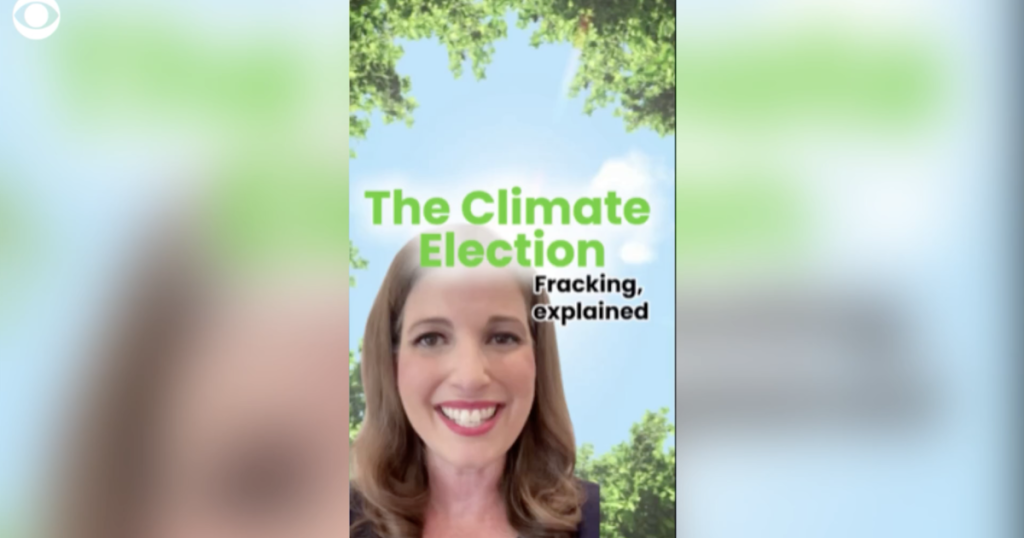Fracking, also known as hydraulic fracturing, has gained significant attention in the 2020 presidential election. The technique involves injecting water, sand, and chemicals underground at high pressure to extract oil and natural gas trapped in rock formations. While fracking has been credited with boosting U.S. energy production and creating jobs, it has also been linked to a number of environmental and human health issues. Studies have shown that the process can result in methane leaks, air and water pollution, and even earthquakes. Additionally, there have been concerns raised about the potential impact of fracking on public health, with some studies suggesting a link between fracking and conditions such as childhood leukemia.
One of the key issues surrounding fracking is its impact on the environment. Methane, a potent greenhouse gas, is released during the fracking process and can contribute to climate change. In addition, there have been reports of water contamination and depletion, as well as concerns about the disposal of wastewater from fracking operations. Critics of fracking argue that these environmental risks outweigh the benefits of increased energy production, and have called for stricter regulations or a ban on the practice. On the other hand, supporters of fracking point to its role in reducing U.S. dependence on foreign oil and natural gas, as well as its economic benefits.
The debate over fracking has become a contentious issue in the 2020 election, with both President Trump and former Vice President Joe Biden taking strong stances on the issue. President Trump has been a vocal supporter of fracking, touting its role in boosting the U.S. economy and creating jobs. In contrast, Joe Biden has proposed banning new fracking on federal lands and transitioning to renewable energy sources. The candidates’ differing views on fracking reflect broader differences in their approaches to energy policy and climate change.
Given the potential environmental and health risks associated with fracking, it is crucial for voters to consider where the candidates stand on the issue when making their decision in the upcoming election. While fracking has played a significant role in the U.S. energy landscape in recent years, its impact on the environment and public health cannot be ignored. As the country grapples with the challenges of climate change and seeks to transition to a more sustainable energy future, the role of fracking will continue to be a key point of contention in the political arena.
Ultimately, the decision on whether to support or oppose fracking will have far-reaching implications for the environment, public health, and the economy. As voters weigh the pros and cons of the practice, it is important to consider not only its short-term benefits in terms of energy production and job creation, but also its long-term consequences for the environment and public health. The 2020 election presents an opportunity for voters to make their voices heard on this critical issue and shape the future direction of U.S. energy policy. With the stakes so high, the outcome of the election could have a significant impact on the future of fracking in the United States.


